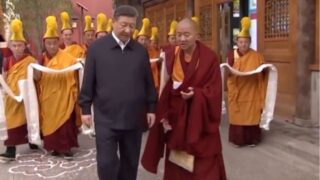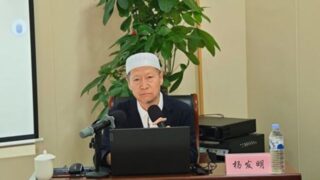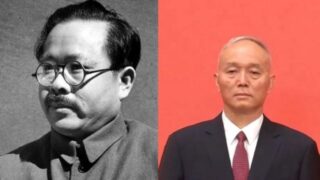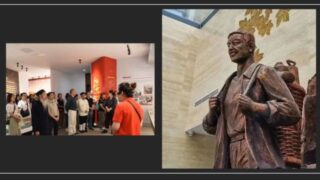All its 60 million articles were pre-screened by censors. Yet, the CCP is now afraid they may be used by China’s critics.
by Yang Feng


If you are a college student or a professor in China you cannot live without CNKI, the China National Knowledge Infrastructure. It has been compared, only half-jokingly, to the air the academic community breathes. It includes some 60 million articles in all possible academic fields.
However, it has now been announced that CNKI will be reviewed in connection with national security problems, and purged by eliminating articles that may pose a national security risk. This would not seem to make sense, considering that CNKI is ultimately owned by the Chinese government, and all articles uploaded there have been pre-screened by censors. Most are from Chinese journals, where nothing even remotely critical of the Party may be published.
To understand what exactly happened, we should go back to two precedents. The first is the antitrust investigation against CNKI, which was announced last May. CNKI is a product of state-owned company Tongfang Knowledge Network Technology Co., Ltd., based at Beijing’s Tsinghua University.
State-owned companies compete with each others to make money too, and what had happened is that like many other businesses, Tongfang reacted to COVID problems by significantly raising the subscription fees for CNKI. Leading universities and even the Chinese Academy of Sciences reduced the number of their subscriptions to CNKI or cancelled them altogether, claiming they could not afford to pay the new fees. This generated widespread protests by students and professors, and the anti-trust action was perceived as a move to appease them
However, the CCP used the antitrust problems of Tongfang as an opportunity to crack down on CNKI from a different angle, public security, without protests and even with the applause of many in the academic community who dislike Tongfang because of the high fee issue.


Here, the second precedent we should look at is the great purge of another world-record database, China Judgements Online. If CNKI has 60 million scholarly articles, China Judgements Online had 80 million court decisions rendered in China. In June 2021, Bitter Winter was among the first media outlets to reveal that without warning millions of decisions had been deleted overnight from China Judgements Online, including most of those regarding the sentencing of human rights activists and members of “illegal” religious organizations and those banned as xie jiao.
Just as CNKI, China Judgements Online did not include any subversive or anti-CCP content. All court decisions in China are rendered by judges loyal to the Communist Party. However, China Judgements Online was purged because the CCP realized that it was used by foreign scholars, human rights activists, and journalists (including those at Bitter Winter) to find decisions proving that Chinese laws are used by judges for violating human rights and freedom of religion or belief.
Similarly, no single academic article in the CNKI is a threat for the CCP. They would never have been published or posted without the CCP censors’ pre-approval. However, skilled researchers abroad may use this enormous mass of academic productions to assess the opinions prevailing in the Chinese academic establishment on a variety on topics, and find information—including, for example, on jails, surveillance, repression of dissidents, COVID—the CCP is happy to have analyzed by its own scholars but does not want to be divulged abroad.
It is certainly true that foreign researchers of Chinese issues, as well as domestic critics who keep quiet but privately go on with studying and researching, also found CNKI a fantastic resource. The CCP is at work for making it a little bit less fantastic.









